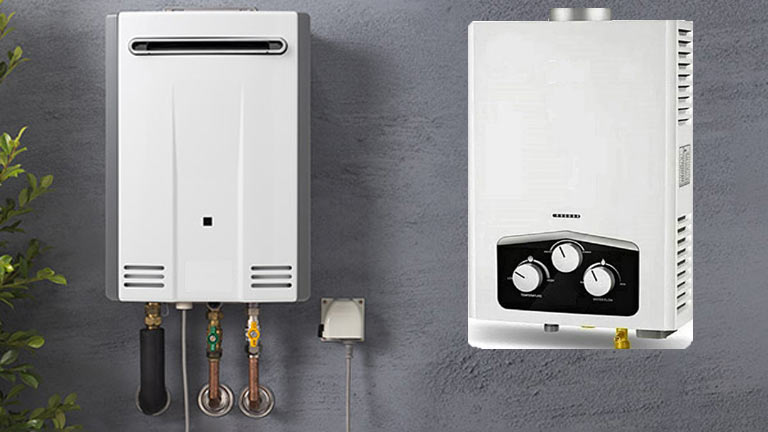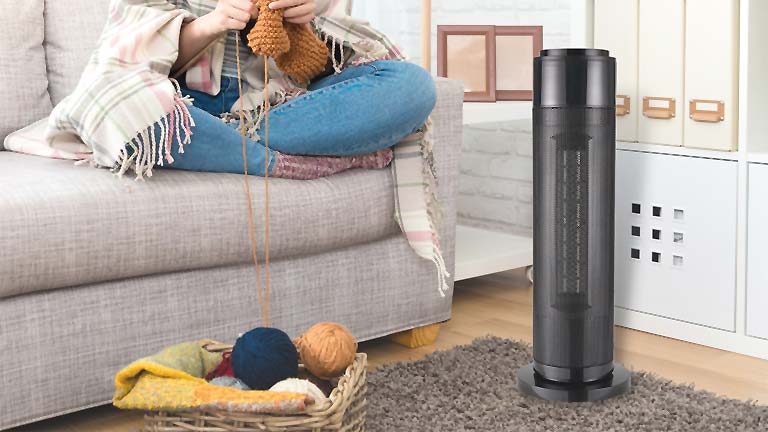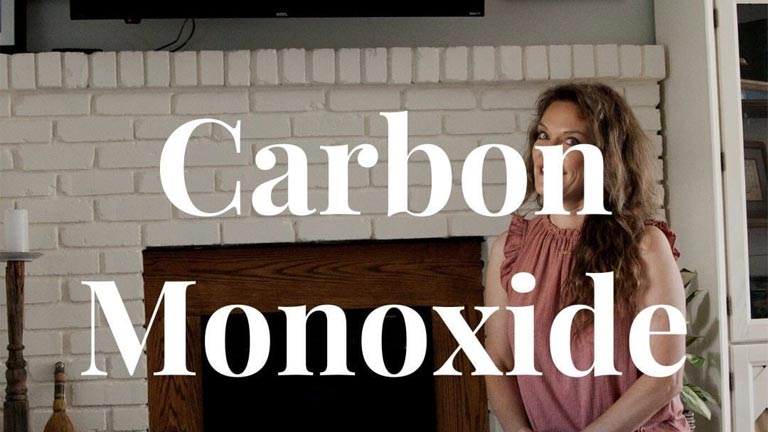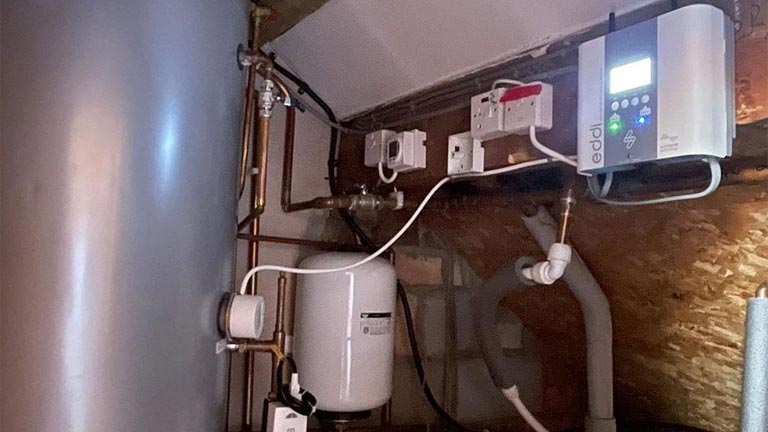
Water heater has become the essential thing for every home and office. It provide you warm water in cold weather, so you can do hand wash or take a hot water bath. Your home may also have a water heater in kitchen and bathroom that is fulfilling your hot water needs. Water heater comes in many types but today we will talk about electic water heater vs gas water heater which is more safer and better?
When it comes to choosing a water heater for your home, you have two primary options: electric water heaters and gas water heaters. Both serve the same purpose of heating water for your daily needs, but they operate differently and have their own sets of advantages and disadvantages. One important factor to consider is safety. Let’s explore the safety aspects of both types and determine which is safer and better suited for your needs.
Electric Water Heater or Gas Water Heater – which is more safer
Many people get confused when they purchase a water heater and think – which is more safe and better. So if you are comparing the above both water heater types, following guide can help you take the right decision.
Electric Water Heater Safety:
No Combustion
Electric water heaters do not involve any combustion process. They use electric resistance elements to heat water. This means there is no open flame or gas involved, reducing the risk of gas leaks or carbon monoxide poisoning.
Lower Risk of Explosions
Gas water heaters have a pilot light and gas valve that can occasionally lead to gas buildup and potential explosions. Electric water heaters do not have this risk, making them safer in this regard.
No Ventilation Needed
Gas water heaters require proper ventilation to expel combustion by products, while electric heaters do not produce any harmful emissions, making them simpler to install and maintain.
Fewer Maintenance Demands
Electric water heaters typically have fewer components, resulting in lower maintenance requirements. You don’t need to worry about thermocouples, gas valves, or pilot lights, which can sometimes fail or malfunction.
Gas Water Heater Safety:
Gas water heaters also have their safety features and considerations:
Efficiency
Gas water heaters are often more energy-efficient than electric ones, which can translate to lower operating costs. However, their efficiency comes with the need for proper ventilation and maintenance.
Gas Leaks
While modern gas water heaters are designed with safety mechanisms to prevent gas leaks, there is always a slight risk. Regular maintenance and proper installation are crucial to mitigate this risk.
Carbon Monoxide Concerns
If a gas water heater malfunctions or is not adequately vented, it can produce carbon monoxide, a colorless and odorless gas that can be deadly if inhaled in large quantities. Carbon monoxide detectors are essential when using gas appliances to ensure safety.
Maintenance
Gas water heaters require more maintenance due to the combustion process. This includes checking for gas leaks, cleaning the burner and flue, and ensuring proper ventilation.
Which Is Safer and Better?
The safety of a water heater depends on various factors, including proper installation, maintenance, and your specific needs. If safety is your primary concern, electric water heaters have a slight edge due to their lower risk of gas-related accidents and the absence of carbon monoxide emissions.
However, gas water heaters can be a better choice in terms of efficiency and cost savings if they are well-maintained and installed correctly. To make an informed decision, energy efficiency goals, consider your budget, and safety concerns. It is also advisable to consult with a professional electric or gas water heater massachusetts technician who can assess your home’s specific requirements and recommend the most suitable option for you. Ultimately, both types of water heaters have their merits, so the choice comes down to your individual preferences and priorities.




